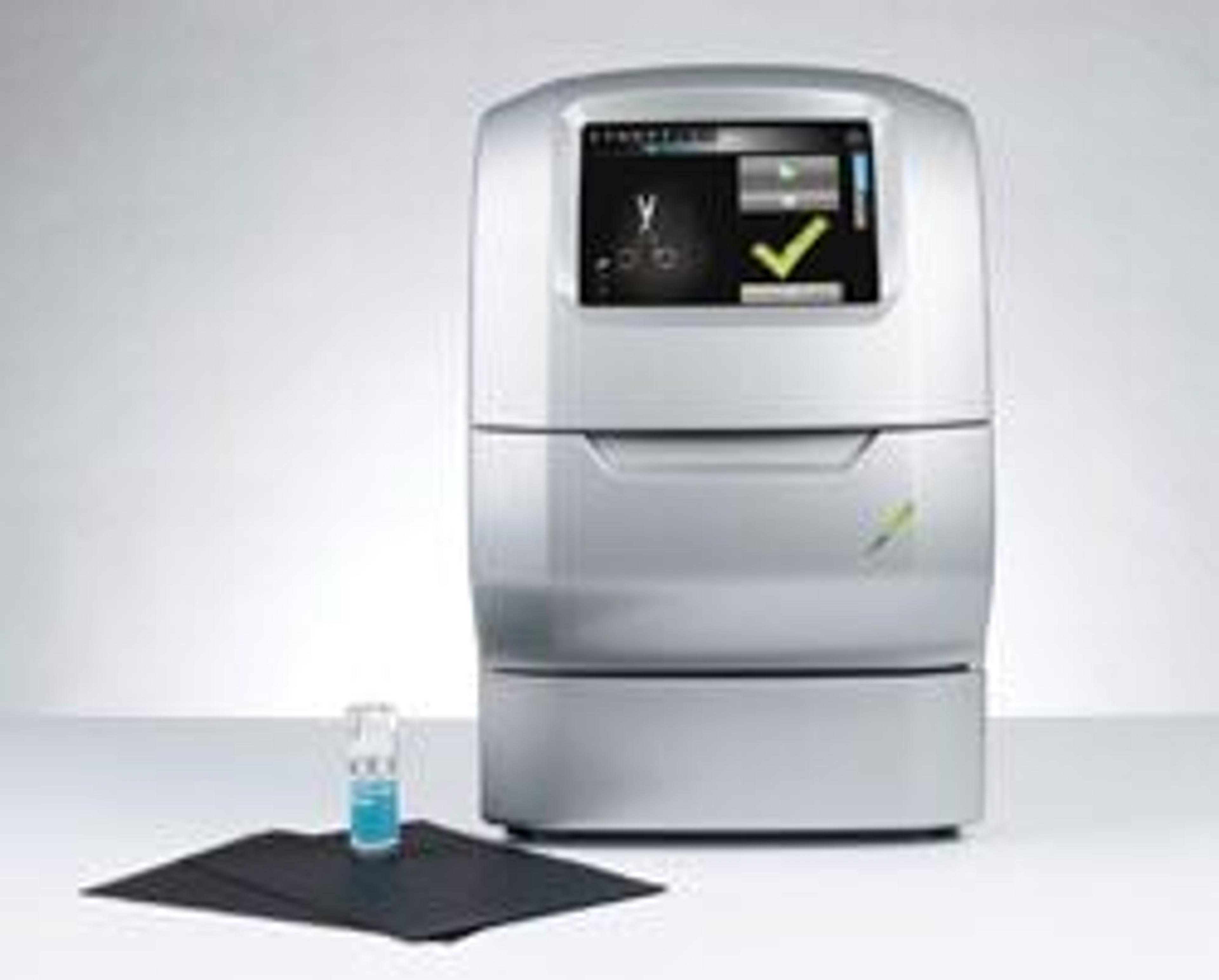Synoptics Introduces a New Division, Synoptics Health
26 Nov 2012Synoptics, a world leader in the development and manufacture of innovative digital imaging systems for scientific applications, is delighted to introduce its new Division, Synoptics Health. This Division will focus on imaging techniques within the clinical environment.
Synoptics has been successfully developing and supplying imaging solutions to life science researchers across the globe since 1986. The new Synoptics Health Division is currently utilizing that expertise to provide a patented fluorescence protein detection system, which has been developed over four years in partnership with Queen Mary University of London (QMUL).
The rationale for commercializing this protein detection technology is that the recent draft of the NHS CFPP-01-01 consultation document which offers guidance on decontamination of reusable surgical instruments states that fluorescence provides increased sensitivity and quantification of residual proteins on surgical instruments. Synoptics Health is therefore exploiting its technology in this field to meet the needs of this consultation document.
Paul Ellwood, CEO of Synoptics Health stated: “Comments in the CFPP-01-01 consultation document indicate that fluorescence is the most sensitive method for detection of proteins on surgical instruments. During the development of our prototype system and reagents in collaboration with QMUL, we have achieved a 100-fold increase in the sensitivity of protein detection over current methods and we are launching our first commercial fluorescence protein detection product at Medica.”
Ellwood continued: “We feel the time is right for us to forge better links with decontamination professionals, which is why we have opened our new division. Being able to talk to us at Synoptics Health will allow them to see how easily they could implement our simple technology into their facility, secure in the knowledge they will be guided every step of the way. Using ultra sensitive testing will ensure their decontamination processes are working efficiently and more importantly, will provide increased confidence that the surgical instruments they are sending out really are clean and safe.”

